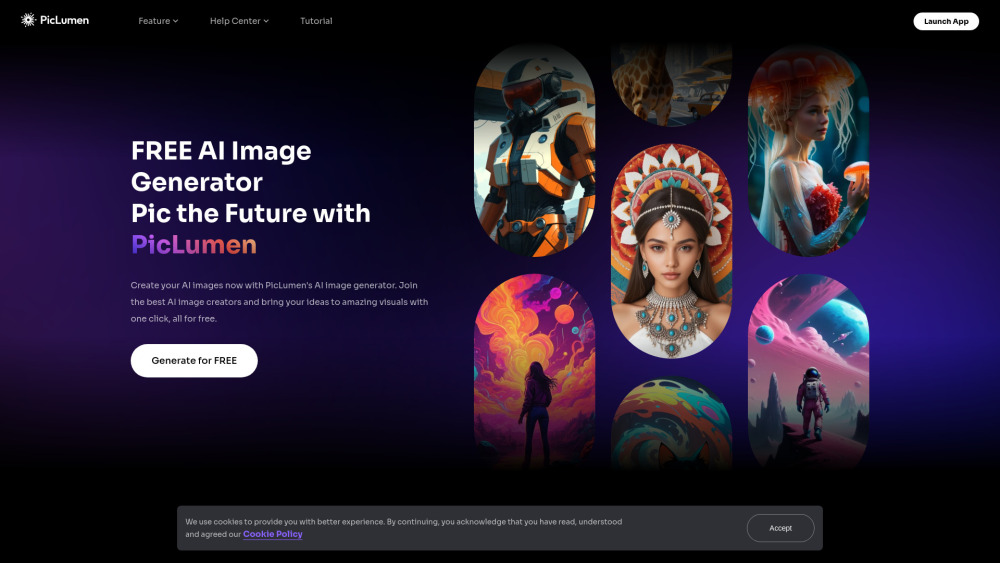National Novel Writing Month (NaNoWriMo), a 25-year-old nonprofit that encourages aspiring writers to draft novels every November, has sparked significant debate by announcing its acceptance of artificial intelligence (AI) as a writing tool.
This decision, based on the belief that opposing AI can be classist and ableist, has elicited mixed reactions—support from some and strong criticism from others, including bestselling authors and former board members.
On its website, NaNoWriMo clarified that it does not condemn or exclusively endorse AI. Instead, the organization promotes the freedom for writers to select their methods, whether traditional or AI-assisted. “NaNoWriMo does not explicitly support or condemn any specific writing approach,” the statement asserts, adding that condemning AI ignores issues of privilege and access related to technology.
The statement also emphasizes the complexities of AI, highlighting its varied applications. Some writers may turn to AI for practical reasons, such as financial limitations or cognitive challenges that make conventional writing methods difficult. "Not all writers can afford human assistance at various writing stages," NaNoWriMo noted, emphasizing that reliance on AI can be a practical choice, not an ideological one.
Moreover, underrepresented minorities often struggle to secure traditional publishing deals, leading to increased reliance on self-publishing options. AI tools can provide vital support for these writers, enabling them to achieve their writing aspirations.
However, NaNoWriMo's pro-AI position has drawn backlash from prominent figures in the writing community. Urban fantasy author Daniel José Older, formerly of NaNoWriMo’s Writers Board, publicly resigned and urged others to do the same, stating, “Never use my name in your promo again.”
Bestselling YA author Maureen Johnson also stepped down from NaNoWriMo’s board, expressing concerns about the potential use of writers’ work to train AI systems. Other authors, such as Adam Christopher and Bryan Young, criticized NaNoWriMo for promoting what they perceive as anti-art sentiment and the creation of meaningless AI-generated content.
Criticism intensified when it became known that NaNoWriMo’s sponsors include companies offering AI software, such as ProWritingAid, which provides AI tools for grammar checking and text enhancement. This sponsorship raised suspicions about financial motivations behind NaNoWriMo's endorsement of AI.
NaNoWriMo works with writing software like Scrivener, which integrates AI tools to aid users while other platforms, like Dabble and Storyist, support AI services for enhancing writing. In contrast, sponsor Freewrite focuses on distraction-free writing devices, promoting traditional writing processes without AI.
In response to the backlash, NaNoWriMo acknowledged unethical practices within the AI sphere but insisted that its stance aims to support all writers. The organization reaffirmed its commitment to providing resources and information on AI to its community, noting strong interest in related events.
As AI's role in creative processes grows, NaNoWriMo’s position may signal how other organizations in the publishing and creative sectors navigate the ethical challenges associated with AI. This situation reflects a broader debate within the writing community: Is AI a tool akin to a word processor or search engine, or is it a morally contentious technology derived from copyrighted works? Currently, many leading authors seem to lean toward the latter perspective.




